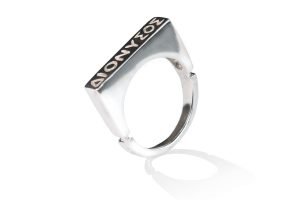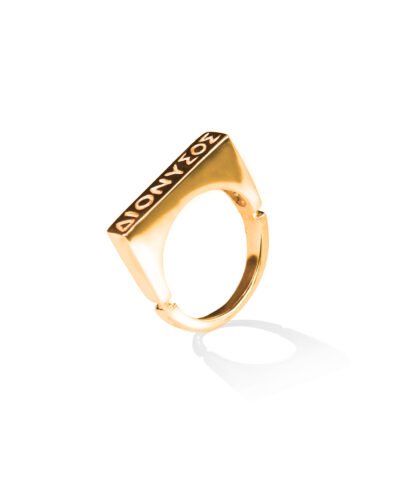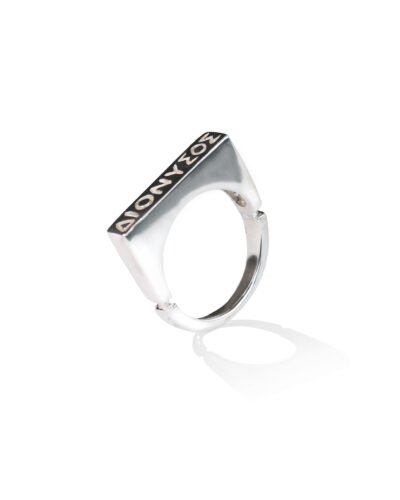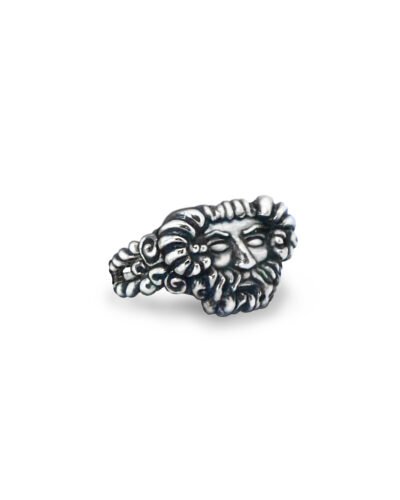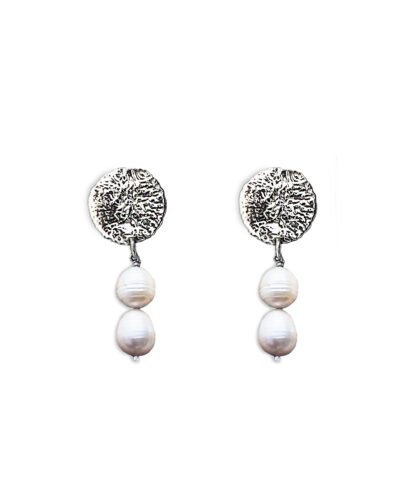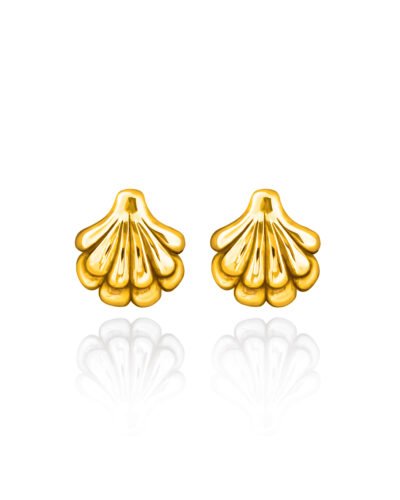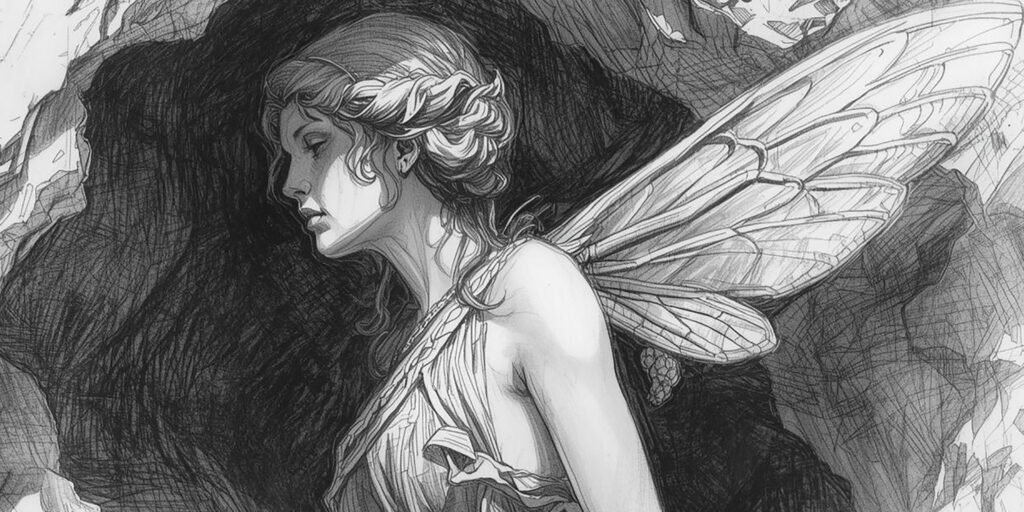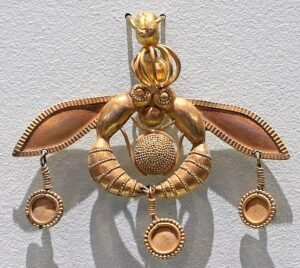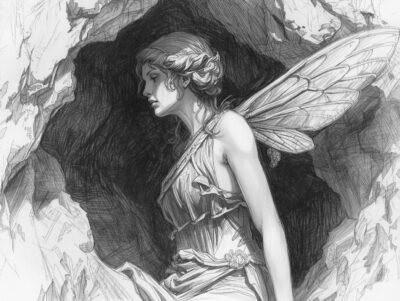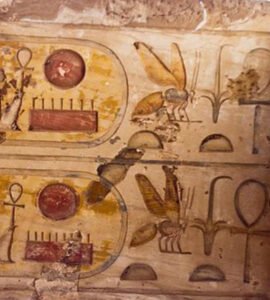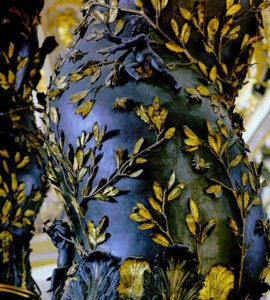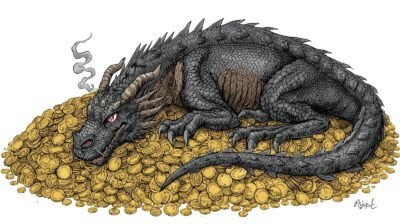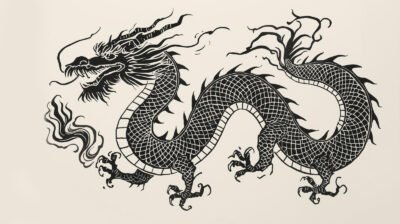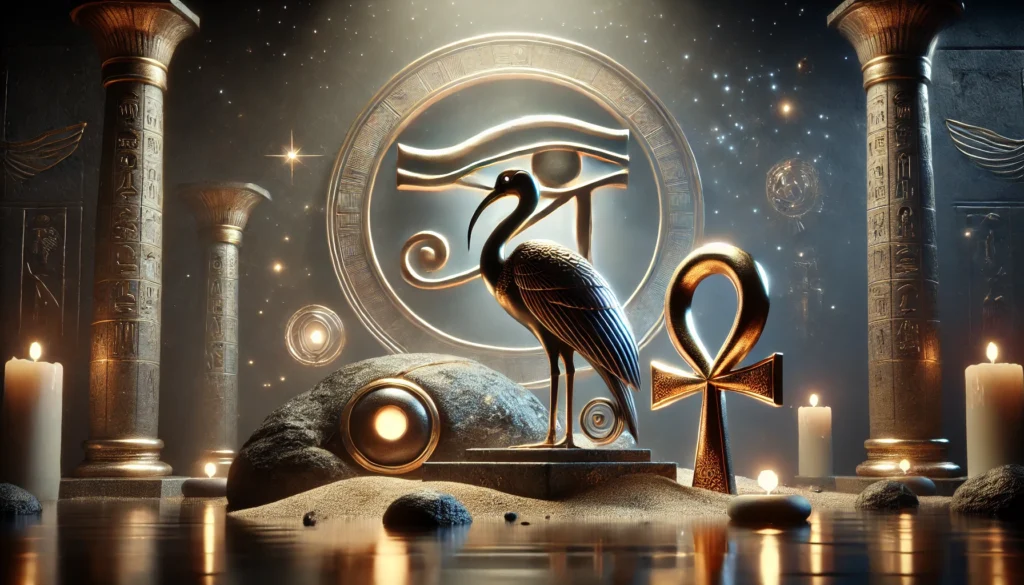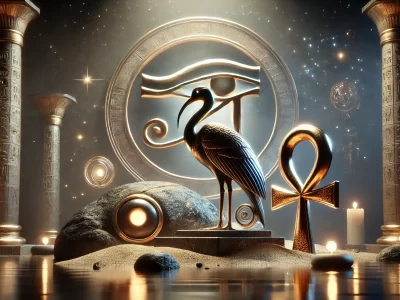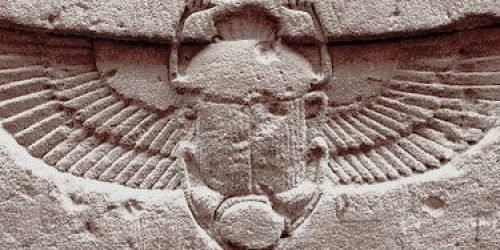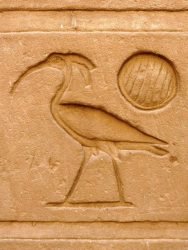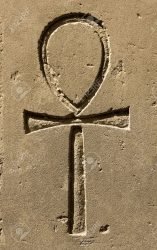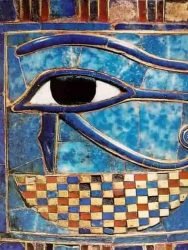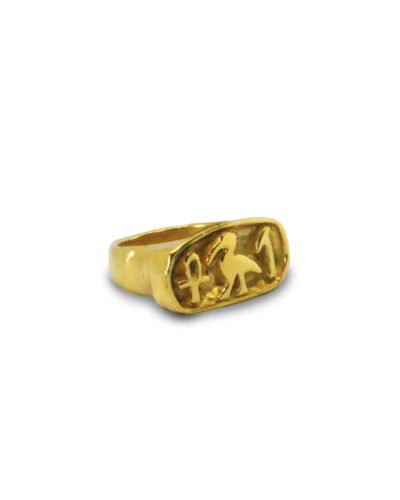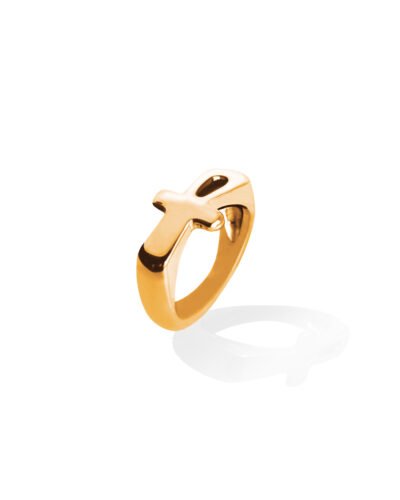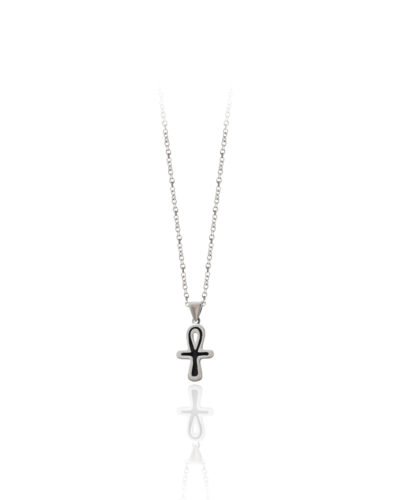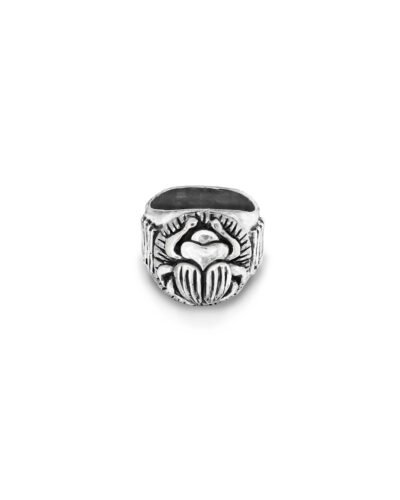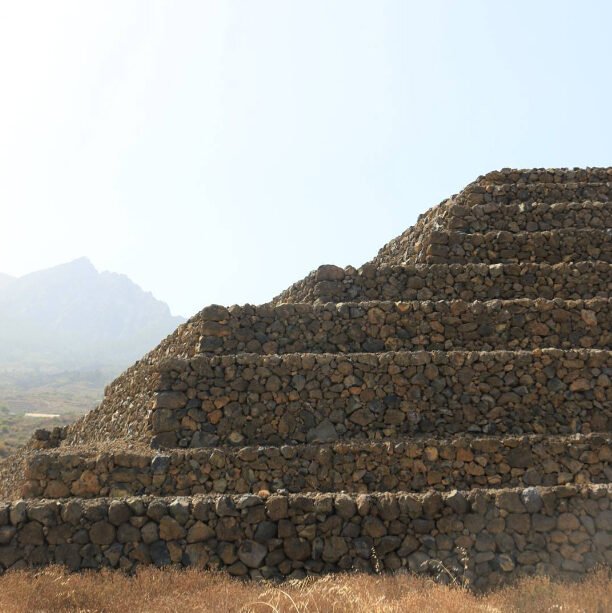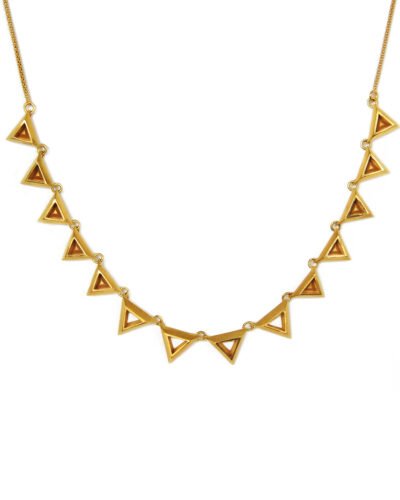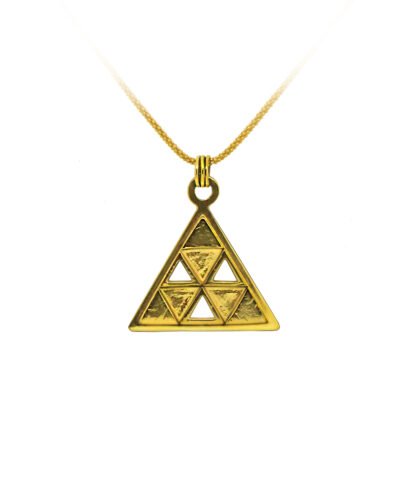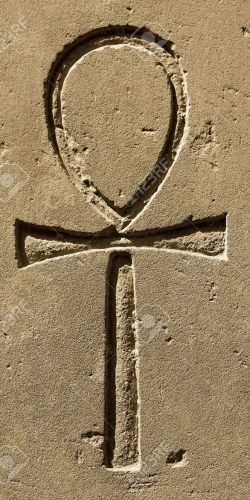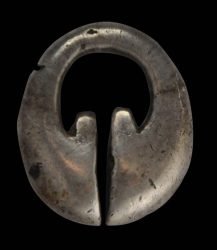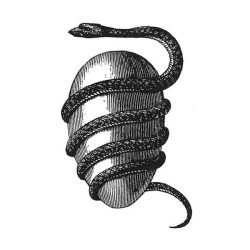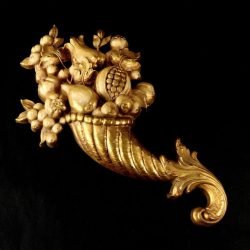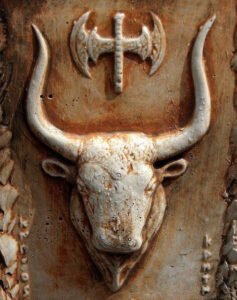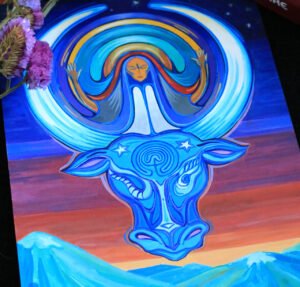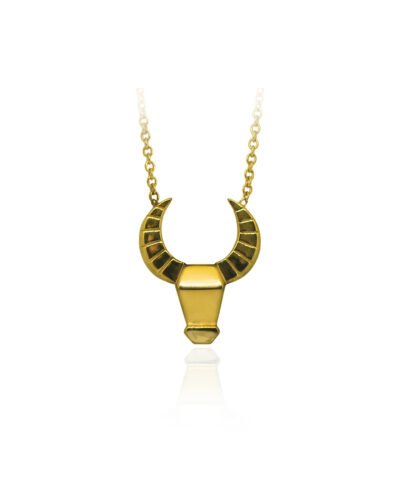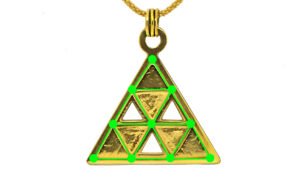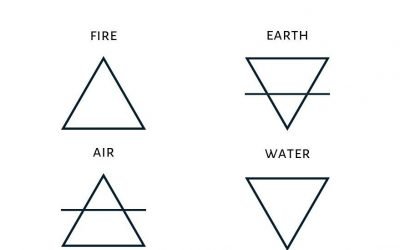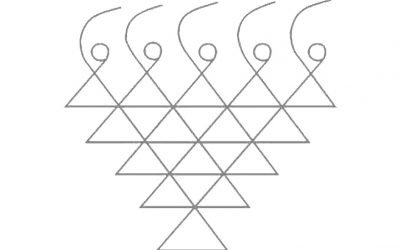WHO IS DIONYSUS? The Dual Nature, Symbols, and Myths of the Greek God of Wine
WHO IS DIONYSUS? The Dual Nature, Symbols, and Myths of the Greek God of Wine
Few gods in Greek mythology embody contradiction as powerfully as Dionysus. He is joy and terror, intoxication and clarity, creation and destruction — a god of ecstasy who leads mortals both into themselves and far beyond themselves.
Apollo, the light of reason and order;
Dionysus, the pulse of instinct, emotion, and divine madness.
Cambridge DictionaryDionysus - in Greek mythology, a god connected with wine, celebration, and fertility
But Dionysus is far more than the god of wine. He represents the wild, fertile, shadowed forces of life — the parts of ourselves that modern culture represses, distorts, or fears.
Across his stories, rejecting Dionysus carries a heavy price.
Between Logic and Wildness: The Apollonian–Dionysian Divide
Across centuries, Western culture has often idealized the Apollonian: clarity, logic, restraint, discipline.
And this created a lasting prejudice against the Dionysian — the emotional, embodied, instinctual side of human nature.
The result? A society uncomfortable with vulnerability, improvisation, intimacy, spontaneity, and surrender.
Whenever we see cultures banning music, dance, celebration, or bodily expression – from Protestant strictness to modern fundamentalism – we witness the repression of Dionysus.
But repressing Dionysus comes with a price. Myths tell of mortals torn apart when they deny him — not as punishment, but as metaphor:
to deny emotion is to be broken by what you refuse to feel.
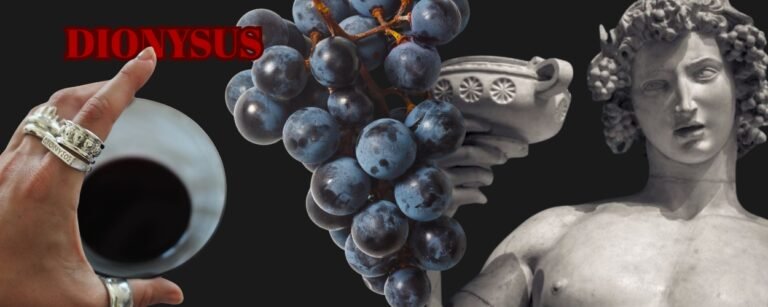
The Dangers of Extremes — Denial or Over-Identification
Dionysus teaches balance. Those who reject the god suffer, but so do those who identify too closely with his frenzy.
His tales carry a quiet warning against the arrogance:
mortals who try to become Dionysus lose themselves completely.
Artists often flirt with this danger. We romanticize the “Dionysian” creative genius – the wild poet, the intoxicated musician, the visionary who burns too brightly. Figures like Caravaggio, Jim Morrison, Oscar Wilde, and Rimbaud (to name only a few) chased the god so far that the boundary between metaphor and reality dissolved.
Dionysian madness is not meant to be lived literally.
It is symbolic – a force of inspiration, not self-destruction.
Dionysian Madness — Not Illness, but Revelation
Dionysian “madness” is the deep, primal energy that breaks order to give birth to something new – the same raw chaos that accompanies labour, growth, and transformation. It is the frenzy of dance and music that sweeps the body into rhythms older than thought, and the shudder of ecstasy that rises unbidden from the core. It’s the vine swelling with raw, rising energy, the sudden surge of blood, wine, or desire, and the inner force that storms through the artist in the moment of creation.
Dionysus is the wild heartbeat beneath civilization, the life-force that refuses to be contained.

God of Shadows, Vegetation, and Transformation
Dionysus rules all that grows in the dark: twisting vines, clinging ivy, and hidden roots. He embodies intoxication, wildness, and the power to shift shape. In myth, he appears as a bull to terrorize Pentheus, a lion among his frenzied followers, a snake in the underworld, or a panther leading his ecstatic procession — each form revealing the secret pulse of life that stirs beneath civilization’s surface.
Yet he is also beautifully androgynous, soft, effeminate, fluid — a god of blurred boundaries.
His followers, the maenads, mirror the duality of his nature: ecstatic women who surrender to divine madness, dancing with abandon through forests and mountains. In their frenzied rites, they embody both creation and destruction, celebrating life, fertility, and the wild forces of nature. These women are unstoppable in their devotion; in myth, they are capable of tearing apart those who deny the god, a stark reminder of the peril in rejecting the primal, untameable power Dionysus represents. Through their movements, music, and cries, human and divine merge, revealing a force that is both intoxicating and terrifying.
One of the best-known myths tells of King Pentheus of Thebes, who refused to honor Dionysus and mocked his ecstatic followers, the maenads. In response, Dionysus lured Pentheus to spy on their frenzied rites, disguising him as a woman. Overcome by divine madness, the maenads tore Pentheus apart limb by limb, his own mother leading the frenzy. This brutal tale illustrates the god’s power, the danger of denying him, and the fierce, transformative force of his ecstatic, untamed nature.
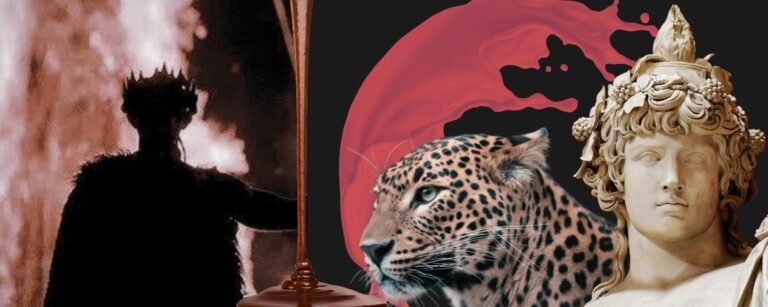
The Strange Births of Dionysus — Creation Through Destruction
Dionysus is twice-born, and each version of his origin mirrors the pain and mystery of creation:
He is the god who arrives from elsewhere, always crossing thresholds, always beginning again. His story opens in fire: his mother, Semele, a mortal beloved by Zeus, asks to see the god in his full radiance. The sight burns her alive. Yet before the unborn child can vanish with her, Zeus snatches him from the flames and sews him into his own thigh. From this strange womb, Dionysus is born a second time already marked by death and return.
His origins blur: Thracian to some, Greek to others. In Orphic hymns he is the underworld shadow of Zeus himself, the twice-born son who belongs to both earth and sky.
Most stories agree on one thing: Dionysus comes from far away. He wanders, travels, arrives as a stranger—never fully local, never fully tamed. His cults follow the same pattern, appearing suddenly in a village or a mountainside as if he simply stepped across the boundary between worlds. For this reason, he is called the god who comes—the god whose arrival upends the familiar, stirs the blood, and reminds mortals that life itself is an ongoing act of transformation.
Dionysus begins in fire, passes through death, and returns in glory. A god of arrival, of rupture, of rebirth—forever foreign, forever new.
Each story carries the same message:
creation emerges from chaos, fragmentation, and rebirth.
This is the essence of Dionysian symbolism — life always blooming from the dark. He is the embodiment of the artistic process:
the painful birth, the ecstatic inspiration, the chaos and clarity that bring a creation into the world.
Dionysus does not demand intoxication for its own sake — modern culture has twisted this into excess and escapism.
Instead, he symbolizes authentic, primal experience, not mindless consumption.
To follow this god is to feel fully, to live deeply, to surrender without losing oneself.
The Dual Nature of Dionysus — A Force of Both Ecstasy and Insight
At his core, Dionysus is duality incarnate: Light and shadow – Joy and terror – Body and spirit – Creation and destruction – Madness and revelation – Ecstasy and grief
He is a god who dissolves boundaries only to reveal deeper truths beneath. To encounter Dionysus — even metaphorically — is to break open, to experience life unfiltered, and to be remade from the fragments. He tears apart to make it whole. He intoxicates to bring clarity. He leads you out of yourself so you may finally enter yourself.
A dangerous god. A necessary god. A reminder that beneath all order lies a wild, pulsing heart — alive, fertile, and eternal.
Related Products
-
Dionysus Gold ring
115,00€ -
Dionysus ring
105,00€ -
King of the Forest
155,00€ -
King Snake ring
169,00€
Recent Posts
OUR NEWSLETTER
Subscribe to our newsletter and get 10% off your next purchase!
WHO IS DIONYSUS? The Dual Nature, Symbols, and Myths of the Greek God of Wine Read More »



